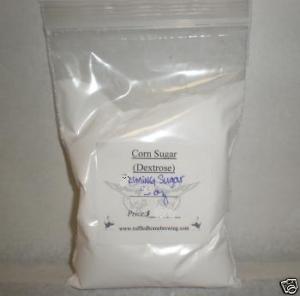How Much, When, and What Kind of Carbohydrates for Competition: Eating and Hydrating for Combat Sport Athletes Part 6
Posted: Thursday, 14 June 2012 by Strength&Nutrition24/7 in Labels: Combat, Diet, Nutrition
3
Pre Competition Carbohydrate Consumption
Being a former boxer, I knew I needed to eat carbs and lots of them prior to competition. But, how much and when? I could not find the answer by looking through forums and such. I just kept coming across guidelines for aerobic athletes (cyclists and marathon runners). So, today I write with the intention of helping you avoid going through the same issues as I did.
- Eat 3-4 hours before the competition
- 1-2 g/kg body mass or 200-300g of carbohydrates be consumed during this meal
- Of low glycemic carbs (this could be detrimental if you use high glycemic)
This eating will have little to no effect on your muscle glycogen stores (energy stored in your muscles). However, it does have a large effect on your blood sugar levels. It will help prevent the feelings of hunger and help maintain energy level. If you feel hungry between this time and your competition, which I suspect you will, you will want to snack on low GI foods.
During competition
During your exercise you want to have those super high GI carbs you love so much. So many studies have shown that this will help maintain blood glucose levels and improve your exercise performance. I suggest that you do this through your water in-between each round. Make your drink about a 6-8% solution of the delicious sugars (I suggest dextrose; you can get this at any store that has a beer making section) in 8-16 ounces of water. Make sure your trainer knows you have sugar in it so he doesn’t splash you with it and make you all sticky.
Post competition
After that brutal fight, you are exhausted and completely drained of energy. It’s hard to even lift your arms up; only the adrenaline left over from the fight is keeping you going. Your body has used up all its glycogen stores and now it needs your help desperately to refuel it. Here we are going to continue to drink those delicious high GI foods. This will result in the highest amount of muscle glycogen replenishment possible. Not doing this immediately after training will result in a reduced muscle glycogen resynthesis by more than 50% (This means you may take 18-24 hours longer to recover).
- During this phase you should double the concentration of carbs so approx 12-16% solution in 8-16 ounces of water
During and Post competition carbs are super important if you are in a tournament with multiple matches during the day













